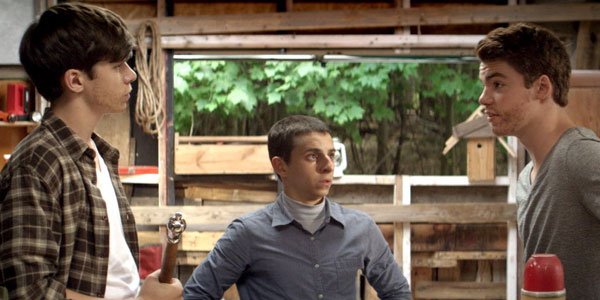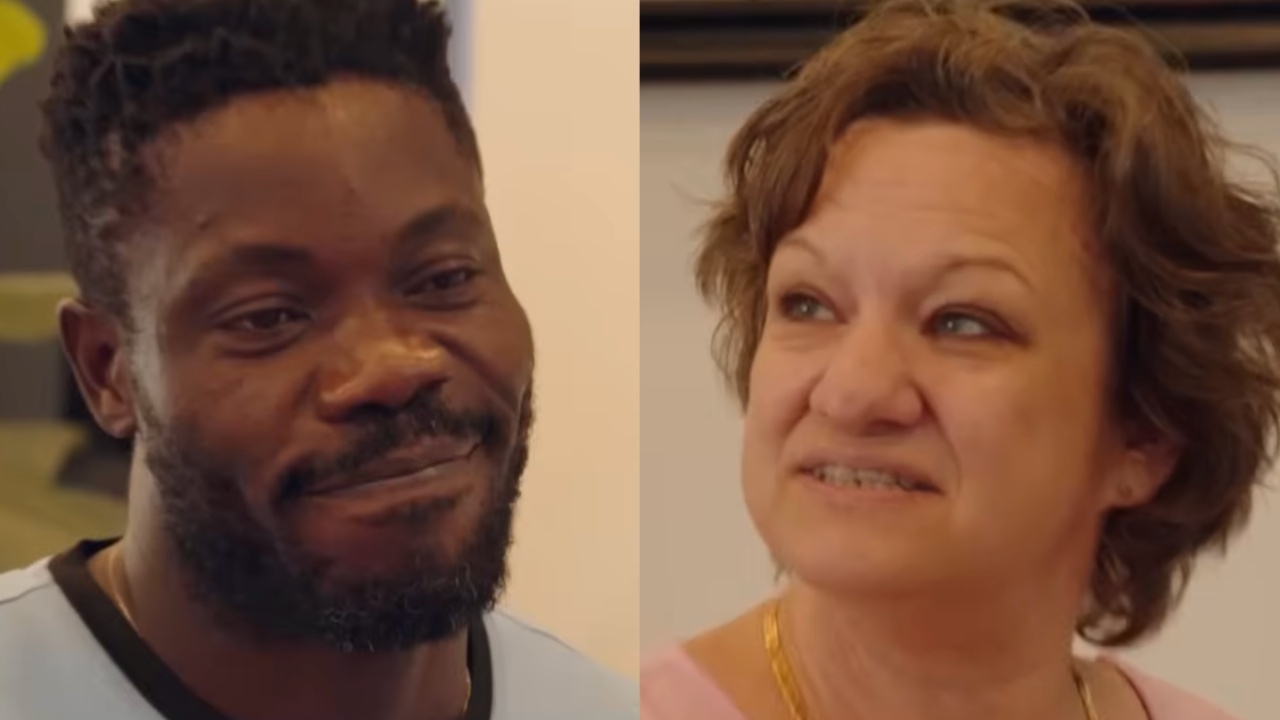
Yesterday, Sylvester Stallone finally made good on his threat to release an Expendables movie with a PG-13 rating. Fans threw their hands up in protest, but too late is too late: you're just going to have to wait for an "unrated" DVD to rip you off later in the search for more headshots and curses. Of course, the fact that there was waffling regarding the rating calls attention to one of the industry's biggest issues: PG-13 is corrupt, pointless and should be abolished.
The PG-13 rating originally was created as a response to the growing indecencies crawling into mainstream blockbusters that could be seen by kids. Previously, the delineation allowed for G films to be suitable for children, PG for older kids and adults, and R for movies with adult ideas and themes. PG-13 was essentially a more commercial designation that flattered the audience instead. Now adults could feel comfortable seeing fare meant for children, and kids could see something that was decidedly more "adult" in nature.
What PG-13 did was actually bring the discussion of ratings to the forefront. Before PG-13's existence, PG films (previously GP) were common, meant to designate something more appropriate to a wider range of audiences. But there were still a large amount of adult-appropriate films carrying the R, just as there were many studios making R-rated films. Movies accommodated flights of fancy, but mostly they were being made for adults who didn't glance at the rating. But with the arrival of PG-13 (attached to Red Dawn and The Flamingo Kid) came the proliferation of the modern blockbuster, aimed at both the smallest in the audience as well as the biggest, creating watered-down product that has the same appeal to everyone.
Now, studios use PG-13 as a creative tool, not a restriction. Films are designed to specifically be PG-13, based on what is rumored to be the MPAA's approach towards the ratings. Without the PG-13 rating, context was everything: the bare breasts in the PG-rated Airplane! were obviously a joke, not meant to be arousing, while Barbarella's embrace of sex and violence were obviously ludicrous fantasy elements. Now, the rules are as they have been for the last 30 years, even though the ratings were constantly revised in years prior: you get one bit of nudity (definitely not a sex organ), you get a finite amount of blood and gore, you get one "fuck" (maybe two if you're Entrapment!) and you get all the violence in the world, despite pretend-violence probably being the most influential and potentially damaging thing to see for an impressionable mind.
The rumors were that the first two Expendables films were shot with a PG-13 rating in mind. The second film seems pretty graphic, so that may be unlikely, unless they planned on editing the blood and the few curse words out. But the first film is unquestionably meant to be a PG-13 rated film, given it's limited foul language and laughably fake last-minute blood squirts.
But what do a PG-13 Expendables and an R-rated Expendables have in common? Big stars, sure. Neat stunts, maybe. Endless guns, gun fetishization and the deaths of dozens, maybe hundreds of extras? Yes. If you ask most people, they'd be in favor of getting rid of the ratings system altogether. But if you want to be a cultural watchdog, as the MPAA pretends to be, then wouldn't that be more concerning to you? Particularly after a rash of gun-related tragedies gaining mass media coverage, isn't it odd that a high schooler could buy a ticket to see The Expendables 3, but he/she couldn't see The Kings Of Summer?

That film, released last year, is ABOUT young teenagers growing up, moving out of their houses to build their own home away from home in the forest. It earned an R-rating because these kids have occasionally, but not gratuitously, dirty mouths. Does this make any sense? Is this a great use of PG-13 and R-ratings? Does it have anything to do with The Expendables 3 earning a blockbuster release from a major studio, and The Kings Of Summer being a small independent film quietly platforming through smaller venues?
Your Daily Blend of Entertainment News
And we're not even going to talk about the double standards regarding sex. Yikes.
The point being, we've been down this road already. Kirby Dick's This Film Is Not Yet Rated made this observation for us: that documentary depicted the shady MPAA as a draconian organization that needn't make explanations for their decisions, who request arbitrary cuts to films, and abide by what seems to be the prior restrictions involving limiting nudity, foul language and blood. But we're not going to get rid of them, mostly because they seem like an untouchable Illuminati of the movie industry. Even Dick had to hire a private investigator find out the actual identities of the people on the MPAA board.
So here's what we do. We lobby to eliminate PG-13. What this does is force the MPAA to look at content differently. That means, no more arbitrary rulings or beliefs about one breast versus two, one headshot versus five. Whatever they think is a movie for "adults" will earn an R-rating. This means that anyone making a movie with a decent amount of violence and sex is going to get an R. Rather them limiting their audience (which is b.s. because tons of theaters don't enforce the ratings, and many teens or kids will still see an R-rated film with older people), the studios will see this opportunity to actually engage with adult ideas and concepts. A superhero film can actually still be thrilling and feature politics and romance. A comedy can be as naughty as it wants to be. And The Expendables 3 can be filled with exploding heads everywhere.
Instead of shaming adults into seeing a PG-rated film, embolden them to see an R-rated movie, knowing there's more adult content available for them. And parents won't have to worry about taking their child to a PG-13 movie and having to have a talk with them about content, or try to tamp down their hyperactivity after seeing a particularly violent film.
The flipside could be true, of course. Maybe the PG-13 material just softens further and moves down to PG-level, saving G for strictly kids fare. That would be an unfortunate change, and you'd hope studios would seize the opportunity to make movies for older teens and adults (and the kids who rent them, stream them, or download them with zero adult supervision). As of now, not only is PG-13 specifically financially driven, dedicated to protecting no one from anything, but it's outdated. It's a decision created to make money, to water down films so that The Expendables 3 could be the same movie for a kid that it is for an adult. And it's not, and these decisions split the difference in a way that, right now, pleases nobody.
